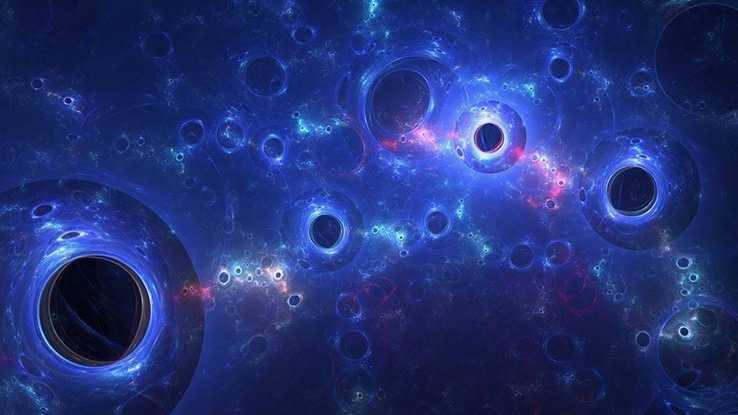Title: Unraveling the Mysteries of Dark Matter and Dark Energy
Introduction:
The exploration of the universe has revealed astonishing phenomena that challenge our understanding of the cosmos. Two enigmatic components, dark matter and dark energy, have emerged as key players in shaping the structure and dynamics of the universe. Despite their elusive nature, scientists are tirelessly working to unravel the mysteries surrounding these puzzling entities.
Understanding Dark Matter:
Dark matter constitutes roughly 27% of the universe, exerting a gravitational pull that influences the motion of galaxies and galaxy clusters. Yet, it neither emits nor absorbs light, making it invisible to traditional observation methods. Its presence is inferred through its gravitational effects on visible matter and the cosmic microwave background radiation.
Various theories propose that dark matter consists of exotic particles that interact weakly with normal matter. Scientists are conducting experiments in underground laboratories and using particle accelerators to detect and study these elusive particles. They hope to shed light on the nature and properties of dark matter, providing vital insights into its role in the formation and evolution of galaxies.
Understanding Dark Energy:
Dark energy, on the other hand, is an even more enigmatic force. It is thought to constitute roughly 68% of the universe and is responsible for the accelerated expansion of space. The discovery of dark energy came as a surprise in the late 1990s when observations of distant supernovae revealed that the universe's expansion is not slowing down as expected but accelerating.
The nature of dark energy remains speculative, with various hypotheses attempting to explain its origin. One possibility is that it arises from a cosmological constant—an inherent energy associated with the fabric of space itself. Another hypothesis suggests that dark energy is a manifestation of a new fundamental field or a modification of gravity at cosmological scales. Scientists are employing a range of observational techniques, including measuring the cosmic microwave background and mapping the large-scale distribution of galaxies, to study and constrain the properties of dark energy.
Impact on the Universe:
Dark matter and dark energy play crucial roles in the large-scale structure and evolution of the universe. The gravitational effects of dark matter provide the scaffolding for the formation of galaxies, clusters, and superclusters, while dark energy's repulsive force drives the accelerated expansion of the universe, counteracting gravity's pull.
However, these two components are not mutually exclusive. They influence the universe on different scales, with dark matter dominating at smaller scales, such as within galaxies, and dark energy manifesting at larger cosmological scales. Understanding their interplay and dynamics is essential for comprehending the past, present, and future of our cosmos.
Future Directions:
The quest to understand dark matter and dark energy remains a top priority in modern astrophysics. Scientists are pursuing a multi-faceted approach, combining theoretical modeling, sophisticated simulations, and cutting-edge observational techniques.
New experiments, such as the Large Synoptic Survey Telescope (LSST) and the European Space Agency's Euclid mission, will delve deeper into mapping the distribution of galaxies and studying the cosmic microwave background radiation. These endeavors aim to refine our knowledge of dark matter and dark energy, their properties, and their influence on the evolution of the universe.
Conclusion:
The existence of dark matter and dark energy has revolutionized our understanding of the cosmos, highlighting the gaps in our current knowledge. The ongoing pursuit to unravel their mysteries is driving scientific progress and challenging our fundamental concepts of matter and energy.
As researchers continue to explore these enigmatic components, we can anticipate groundbreaking discoveries that will reshape our understanding of the universe. Dark matter and dark energy stand as captivating puzzles, beckoning us to delve deeper into the cosmic unknown and unlock the secrets they hold.





